Dampness is a concept in Traditional Chinese medicine (TCM). TCM divides dampness-related illnesses into external dampness and internal dampness. External dampness refers to the impact of environmental humidity on the human body, while internal dampness results from improper diet that harms digestive function, leading to accumulation of dampness and turbidity. Among the six pathogenic factors—wind, cold, heat, dampness, dryness, and fire—the one most feared is dampness.
This is because dampness is the easiest to permeate. When dampness meets cold, it becomes cold-dampness. For example, winters in the south are more unbearable than those in the north due to the heavier humidity, which can penetrate clothing. When dampness meets heat, it becomes hot-dampness, similar to a summer sauna day, which is both hot and humid, making it hard to breathe. Nowadays, people eat more meat and exercise less, making them prone to excess dampness.
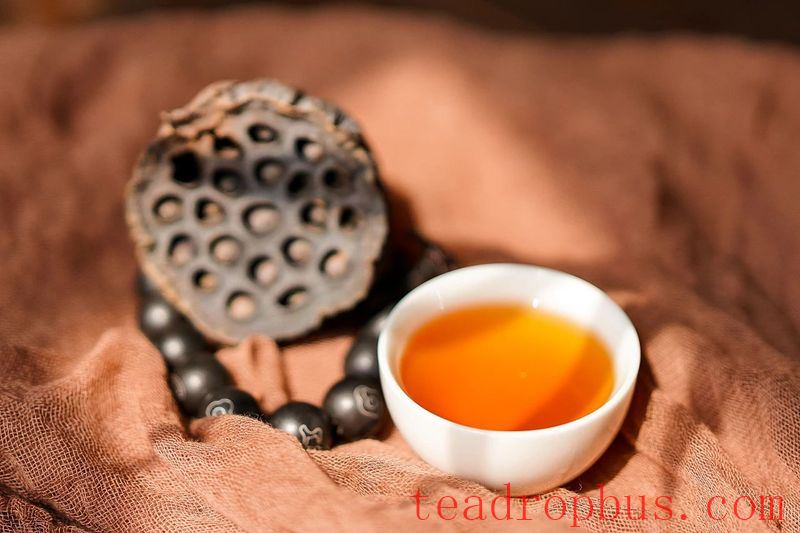
What Are the Signs of Excess Dampness?
In simple terms, individuals with high levels of internal dampness often feel lethargic, as if their bodies are not refreshed, always feeling sluggish, heavy in their limbs, cold hands and feet, and lacking appetite.
Poor digestion, low energy, heavy limbs, skin rashes, and worsening freckles are the five most typical signs of excessive internal dampness.
For those with a damp-heat constitution: yellow and greasy tongue coating, dry mouth, bitter taste, bad breath, oily skin prone to acne, intolerance to heat, and easy sweating.
For those with a damp-cold constitution: white and thick tongue coating with teeth marks, sticky mouth, sweet taste, poor appetite, easy edema, fear of cold in winter, and cold hands and feet.
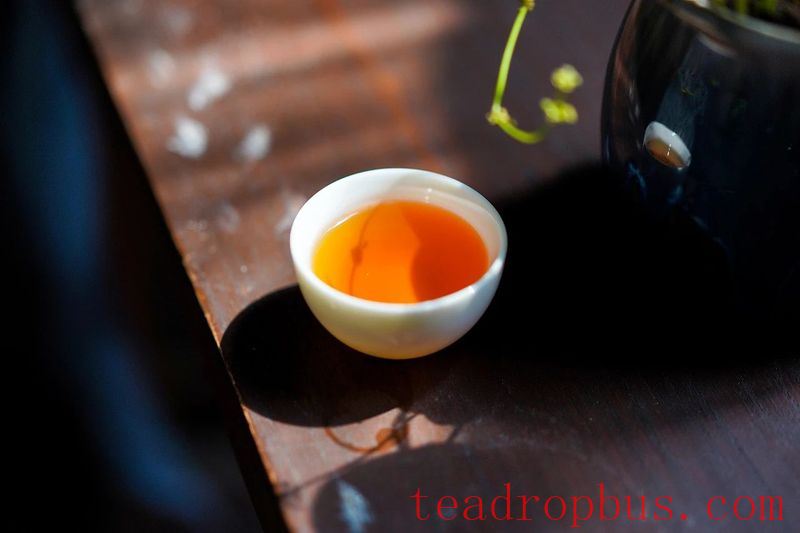
How to Remove Dampness?
The Lazier You Are, the More You Need to Exercise
Most people with high levels of internal dampness have oily diets and lack exercise.
These individuals often feel heavy and weak in their bodies and limbs, disinclined to move. However, the less they exercise, the more dampness accumulates in their bodies, eventually leading to dampness attacking the spleen and causing a series of diseases.
Exercise can relieve stress, promote organ function, and accelerate the excretion of dampness from the body.
Activities such as running, brisk walking, swimming, yoga, and tai chi help activate blood circulation and increase water metabolism.
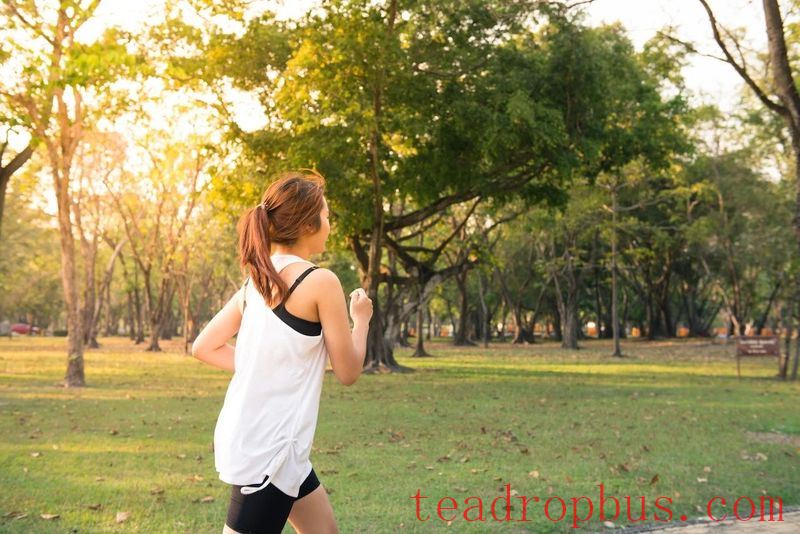
Diet Should Be Light and Moderate
The digestive system plays a crucial role in nutrient and water metabolism. The best approach is to eat moderately and balance your diet.
Alcohol, milk, and fatty foods are difficult to digest and can cause bloating and inflammation in the stomach.
Sweet foods and fried foods produce peroxides, exacerbating inflammation.
Cold foods, ice products, or cool vegetables and fruits can slow down digestive absorption. It's not advisable to consume them excessively. Vegetables like lettuce, salads, watermelon, cabbage, and bitter melon should be cooked with scallions and ginger to reduce their cold properties.
Avoid Humid Environments
Excess dampness in our bodies is not only due to metabolic issues but also significantly influenced by the environment.
Living in a damp and cold environment frequently can lead to dampness invading the body.
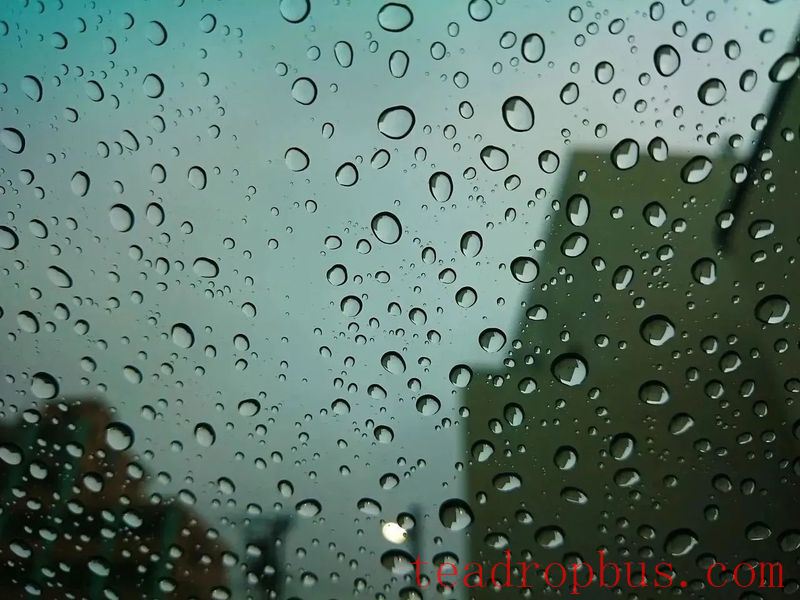
What Teas Can Help Remove Dampness?
To start, drinking tea promotes urination, which is beneficial for removing dampness.
However, you should choose based on your individual constitution.
For those with a damp-cold constitution:
Black tea, aged white tea, Oolong tea, ripe Pu'er tea, and small green tangerine tea, etc.
For those with excessive cold, you can drink teas with higher fermentation and more Roasting to neutralize the condition.
If you happen to have a cold and weak spleen and stomach, and tend to experience diarrhea and enteritis easily, these types of tea are suitable. They can warm the stomach while helping to remove dampness.
For those with a damp-heat constitution:
Green tea, Yellow Tea, lightly fermented Tie Guan Yin, raw Pu'er tea, etc.
The nature of these teas tends to be slightly cold, rich in Caffeine and tea polyphenols, which clear heat, quench fire, promote urination, and detoxify, benefiting those with a damp-heat constitution.
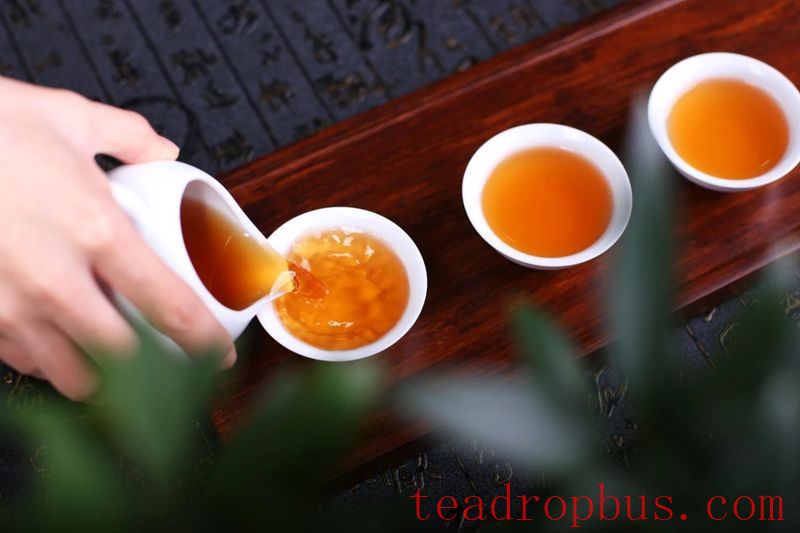
If there is any infringement, please contact us for deletion.